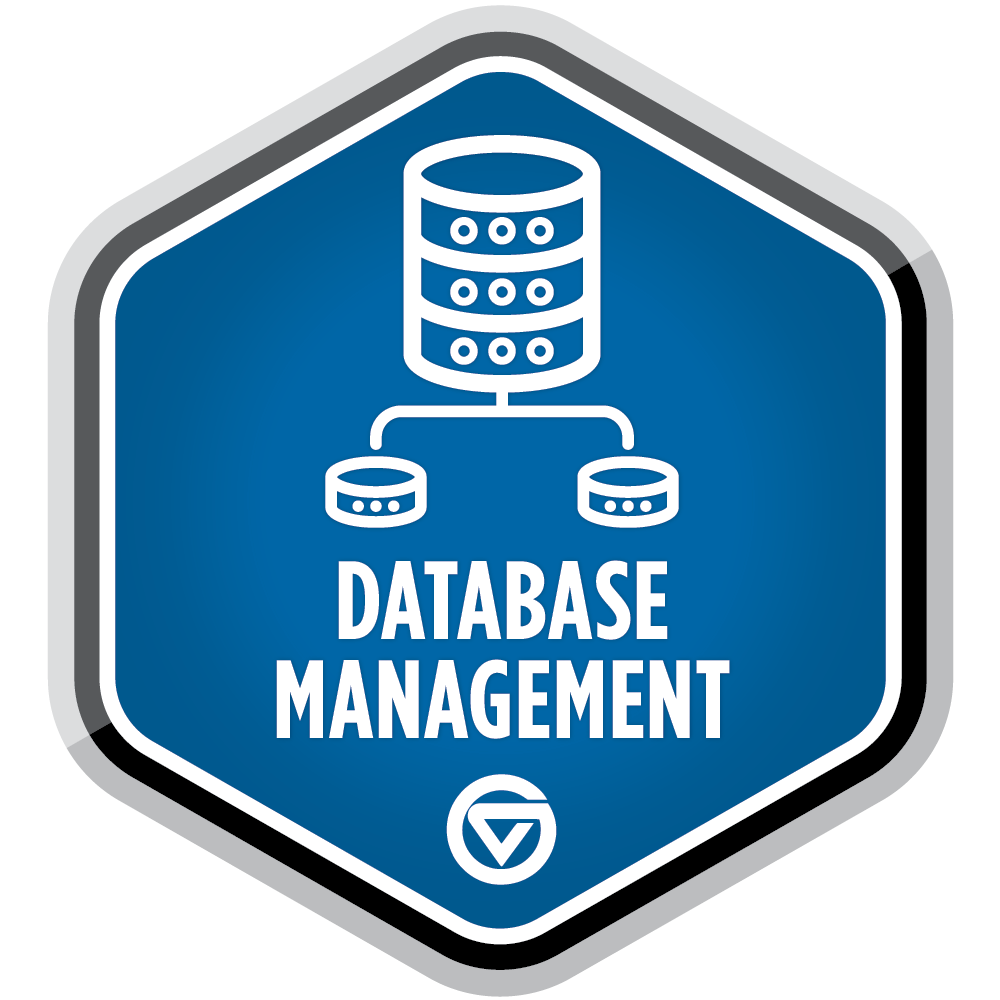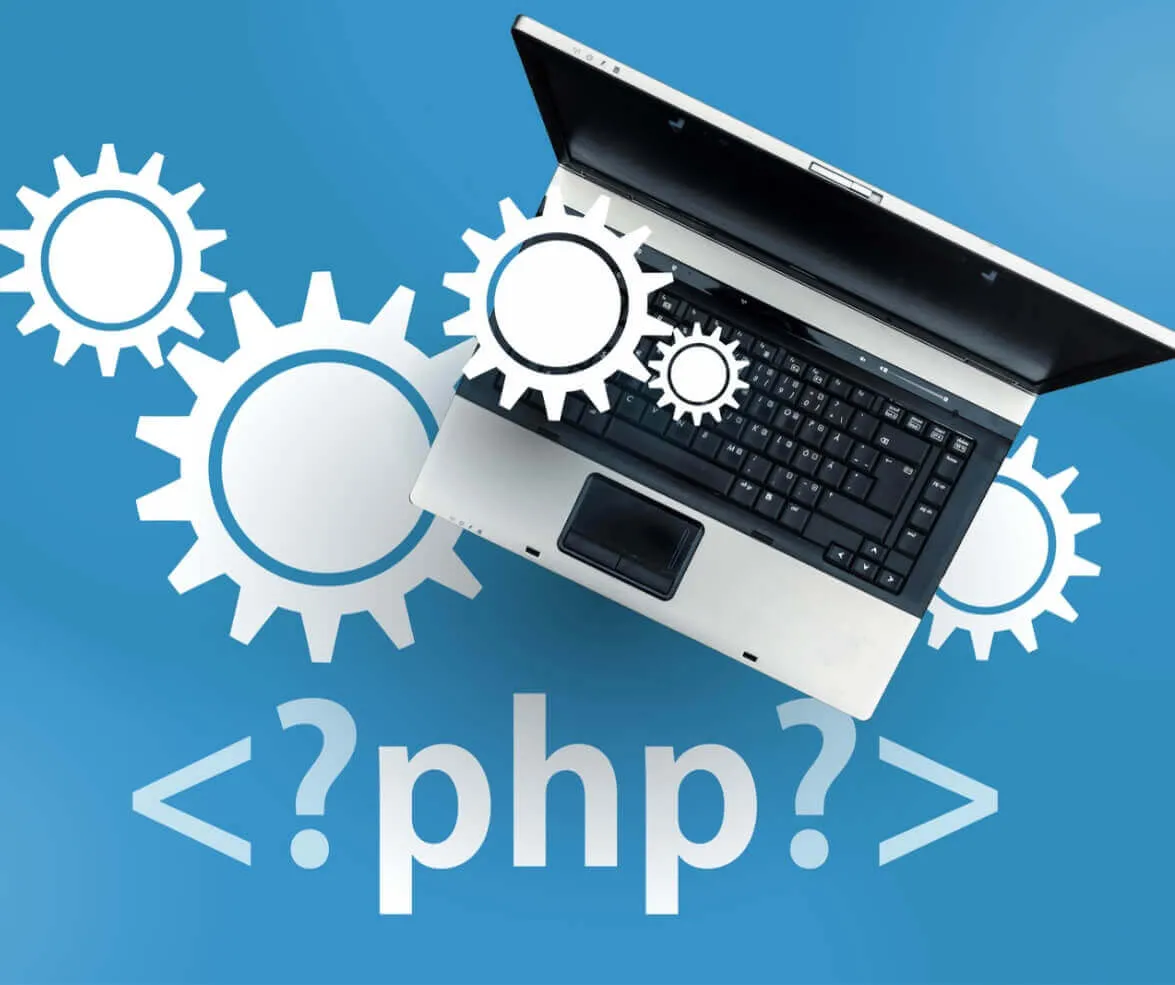BCA 353: DSE III (Principles of Operating Systems)
Course Objectives: ● To study algorithms for CPU-scheduling, process creation and termination. ● To understand the notion of a Multithreading and Inter-process communication. ● To learn critical-section problems and classical process-synchronization problems. ● To know the concept of deadlock, different methods for preventing or avoiding deadlocks and techniques for memory management. ● To learn and understand file system, directory structure, file allocation methods and disk scheduling algorithms.
Read MoreComputer Networking
Computer networking refers to the practice of connecting computing devices such as laptops, desktops, servers, smartphones, and IoT devices (e.g., cameras, door locks, thermostats) to communicate and share resources with each other.
Read MoreDatabase Management System
To understand the fundamental concepts of database. To understand user requirements and frame it in data model. To understand creations, …
Read MoreMobile App Development technologies
Mobile app development is the process of creating software applications that run on mobile devices like smartphones, tablets, and personal digital assistants (PDAs). This includes developing the app's user interface (UI), coding the back-end functionality, and testing the app on various devices. Android Java refers to the use of the Java programming language for developing applications on the Android operating system. Java was the primary language used for Android app development when Android was first introduced by Google in 2008. Key Points: Language: Java (typically Java 7 or Java 8 syntax in Android). Framework: Android SDK (Software Development Kit), which provides APIs and tools to build Android apps. Components: Activities, Services, Broadcast Receivers, and Content Providers. UI Development: XML layouts combined with Java code for dynamic interaction. Build System: Gradle-based build system (via Android Studio). Tools: Android Studio (official IDE), ADB (Android Debug Bridge), Emulator.
Read MoreAdvance PHP
The Advanced PHP course** is aimed at web developers who want to deepen their knowledge of PHP by learning advanced features, design patterns, security best practices, and integration with modern databases and APIs. You’ll also gain exposure to PHP frameworks (like Laravel), advanced object-oriented programming (OOP), and build scalable, secure web applications using MVC architecture.
Read More

